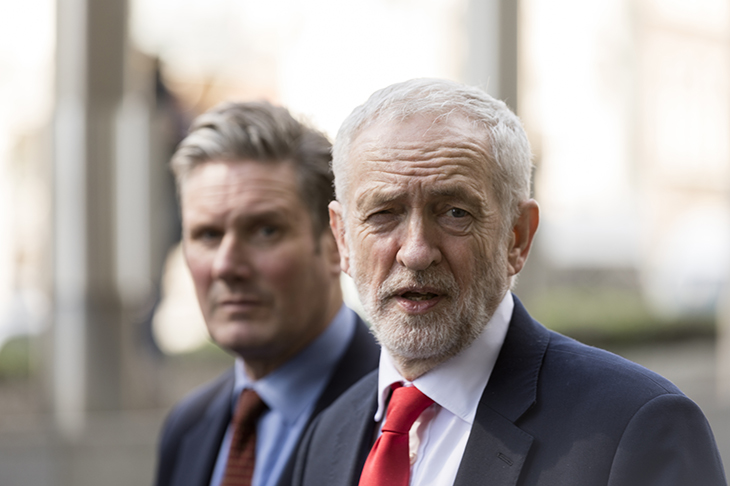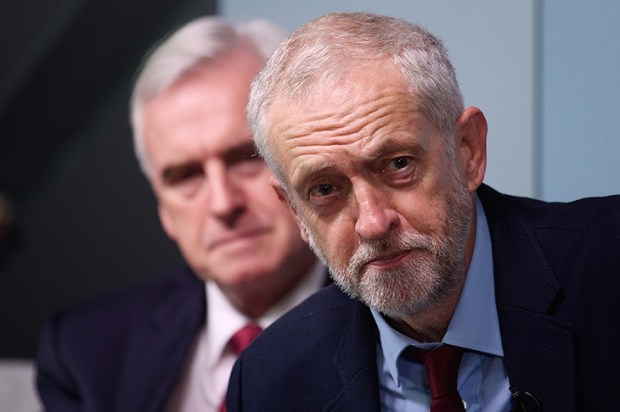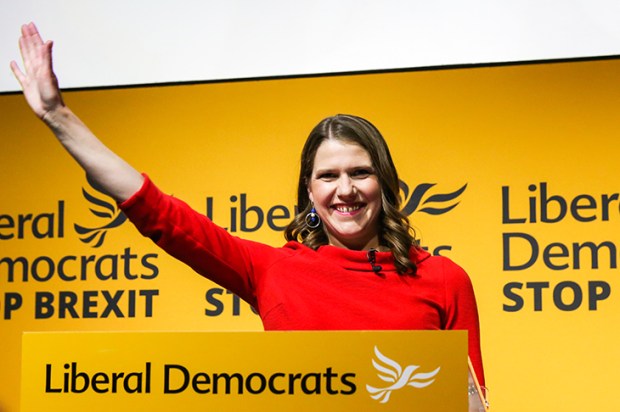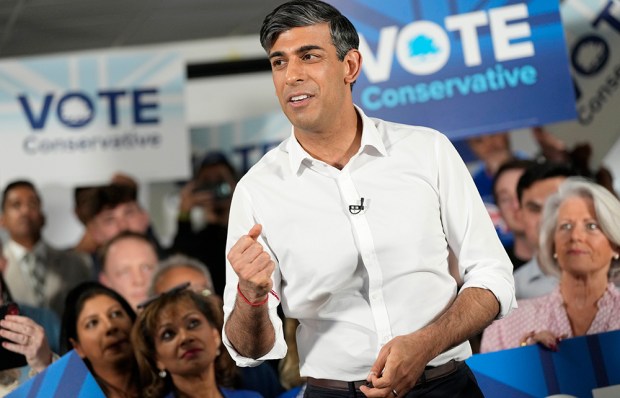When a Labour politician or aide stops to chat in the corridors of parliament these days, they only have one question: which leadership candidate would the Tories fear most?
The government majority of 80 means it would be hard for even the most talented Labour leader to land a House of Commons victory in the coming years, yet he or she would still have the potential to change the dynamic of this parliament — and disrupt the Tories’ hope for the 2024 election.
Already a subscriber? Log in
Subscribe for just $2 a week
Try a month of The Spectator Australia absolutely free and without commitment. Not only that but – if you choose to continue – you’ll pay just $2 a week for your first year.
- Unlimited access to spectator.com.au and app
- The weekly edition on the Spectator Australia app
- Spectator podcasts and newsletters
- Full access to spectator.co.uk
Or
Unlock this article
You might disagree with half of it, but you’ll enjoy reading all of it. Try your first month for free, then just $2 a week for the remainder of your first year.















Comments
Don't miss out
Join the conversation with other Spectator Australia readers. Subscribe to leave a comment.
SUBSCRIBEAlready a subscriber? Log in